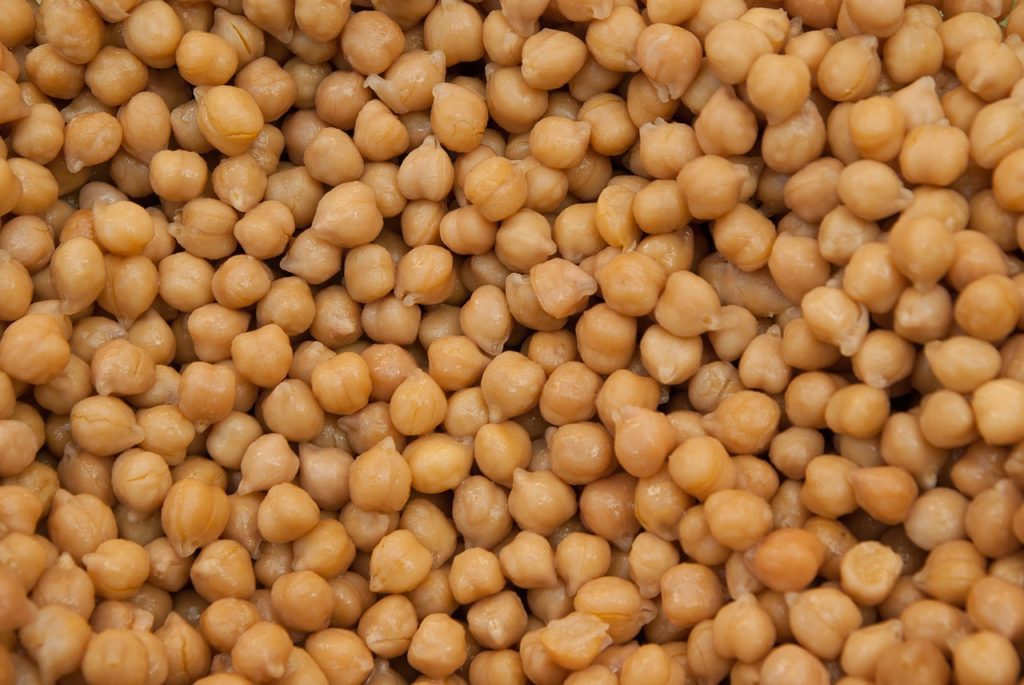In the realm of seed analysis and regulations, there’s a constant drive to improve testing rules. This is driven in a big way by the needs of our customers, showing how we take their best interests forward to government to make regulatory change that translates into better service.
This journey involves a process of collaboration, data evaluation, and a collective push to enhance the seed trade industry.
When analysts spot aspects of testing rules that need improvement, the avenue to drive change is through proposing rule amendments. Far from a random process, it follows a well-structured approach governed by a committee. The proposal undergoes scrutiny by the Canadian Food Inspection Agency (CFIA), ensuring alignment with the Seeds Act and regulations, supported by ample data and reasoning.
The committee, composed mainly of analysts from Seeds Canada and CFIA, engages in discussions to determine the progression of proposed rule changes. The culmination is an annual unofficial vote, deciding which proposals pass or are deferred for further information.
The submission deadline, typically on Nov. 1, is pivotal. The winter season is dedicated to scrutinizing proposals, deciding which are suitable for voting. Despite the industry’s collective decision, CFIA retains veto power, allowing rejection of premature or inadequate proposals.
Harmonization, aligning Canadian standards with international counterparts, is a significant motive for rule changes. An ongoing effort to modify the chickpea testing temperature, currently set at 25 C in Canada, is an example. We are proposing to change the temperature to 20 C. This proposal aims to align with the International Seed Testing Association (ISTA) standards, challenging the status quo for the seed trade’s benefit.
The process goes beyond scientific considerations, addressing trade issues. An example is the adjustment made to orchard grass testing rules aligning with the European Union (EU). This showcases how rule changes facilitate seamless international transactions.
Collaboration with CFIA is pivotal, emphasizing the partnership between commercial labs and government entities. Commercial labs, often at the forefront of seed testing, directly engage with clients. When discrepancies arise, labs collaborate with clients, proposing rule changes that reflect the realities of modern seed trade.
The essence of this collaborative effort lies in integrating customer feedback into the decision-making process. Commercial labs act as conduits, translating client needs and
frustrations into actionable proposals for rule changes. This customer-oriented approach not only addresses industry challenges but also ensures government regulations align with the practicalities of seed testing.
The process underscores the importance of modernizing regulations, some established over a century ago. While some rules withstand the test of time, others need adaptation to meet contemporary needs. Involvement of industry experts, with decades of rule study experience, becomes crucial in identifying areas needing modernization.
I enjoy working with customers to not only test their seed, but ensure their needs are brought forward when the time comes to modernize Canada’s seed testing rules.
Seed Analysts and Government: A Key Alliance for Seed Quality
Seed analysts in Canada are professionals who test the quality and purity of seeds for various purposes, such as certification, labeling and marketing. They work with government to ensure that the seed system in Canada meets the standards and regulations set by the Canadian Food Inspection Agency (CFIA). By doing this, seed analysts help benefit their customers in several ways, such as:
- Providing accurate and reliable information on seed characteristics, such as germination, viability, moisture and weed seeds.
- Enhancing the traceability and transparency of seed products, which helps build trust and confidence among buyers and sellers.
- Supporting the innovation and competitiveness of the Canadian seed industry, which contributes to the growth and sustainability of the agriculture sector.













